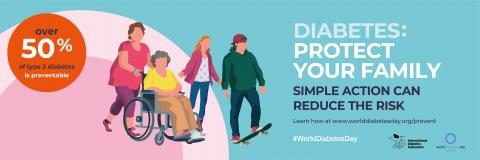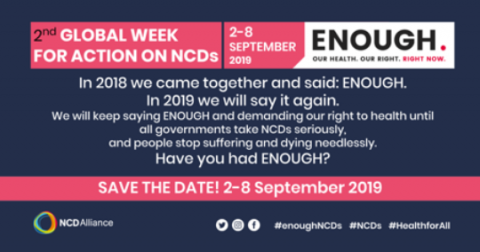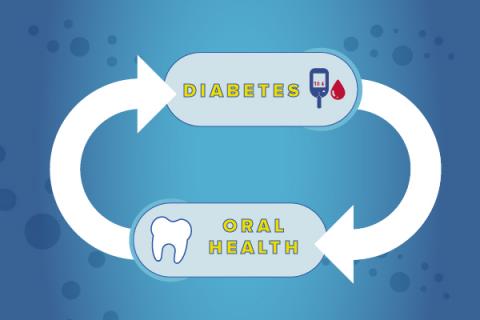UN High-level Meeting on Noncommunicable Diseases falls short on delivering action
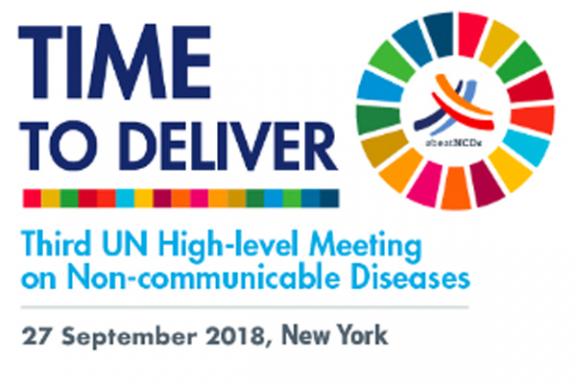
On 27 September 2018, Member States convened in New York, United States, for the third United Nations High-level Meeting on Noncommunicable Diseases (UN HLM on NCDs) to review progress and renew political commitments on NCDs.
Read the recap of events, FDI’s response and next steps for the oral health community.
Reporting back: High-level Meeting
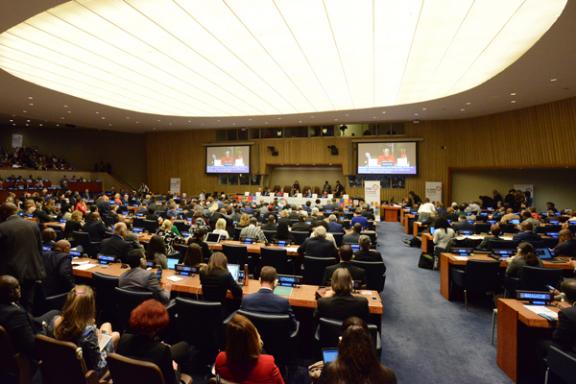
Attended by 23 Heads of State and Government (HoS/G), 55 Ministers of Health and many other stakeholders, the full-day meeting was a disappointing show of political inertia to respond to the NCD crisis. It was especially concerning to see that 59 HoS/G planned to attend the meeting, but 36 withdrew after learning they would not be given the time to speak.
The meeting kicked off with an opening segment, where Member States adopted a weak political declaration. The adoption of the Declaration was followed by a plenary session, where Member States delivered statements on their country’s commitments and action on NCDs. Although not recognized in the Declaration, many Member States stated the importance of reducing sugar consumption through sugar-sweetened beverage (SSB) taxation and stricter nutritional labelling – key interventions which can help reduce the risk of oral diseases and other NCDs.
At the same time, two multi-stakeholder panels took place with the aim to engage civil society. Unfortunately, civil society representatives were denied the opportunity to deliver statements in Panel 1: Health systems, financing and Universal Health Coverage and only a handful were given time in Panel 2: Engaging civil society and the private sector for partnerships.
During the week of the HLM, FDI participated in a side event Oral Health & NCDs: Accelerating integrated global progress. The event was hosted by the New York University (NYU) College of Dentistry World Health Organization (WHO) Collaborating Center and NYU College of Global Public Health. WHO Assistant Director General for NCDs and Mental Health Dr Svetlana Axelrod delivered a rousing keynote speech and recognized that “good oral health is a crucial element of overall health and as such part of the human right to health”. FDI’s Vision 2020 Think Tank Co-Chair Prof. Michael Glick was part of the side event’s panel discussion on NCDs & Oral Health in All Policies: Who does what?
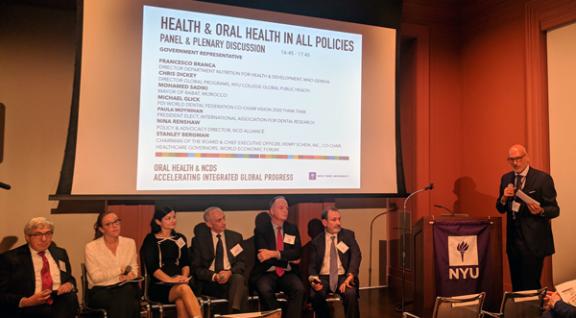
New initiatives and reports were also launched in the lead up to the HLM – these include the NCD Countdown 2030, US Department of Health and Human Services and Centers for Disease Control and Prevention The AMR Challenge, WHO NCD Country Profiles, WHO Oral Health Fact Sheet, WHO and World Obesity Federation’s Taking Action on Childhood Obesity and WHO Alcohol Control SAFER.
FDI’s response to the HLM Declaration
In light of the Declaration, FDI released a statement criticizing the missed opportunity by countries to take targeted action on oral diseases and other NCDs.
FDI’s statement discusses the many weaknesses in the Declaration that will prevent progress on improving oral health globally. For instance, the document excludes oral diseases and only mentions the main four NCDs (cardiovascular diseases, cancer, chronic respiratory diseases and diabetes). There are no financing commitments or accountability mechanisms to measure time-bound targets. The WHO Best Buys and several other WHO- recommended interventions were overlooked, including SSB taxation – a proven mechanism for reducing sugar consumption. The document also sets the next UN HLM on NCDs in 2025 – seven years away.
Despite its flaws, the Declaration contains some positive elements, such as calls for increased political leadership from HoS/G, scaling up implementation of commitments made in the 2011 and 2014 HLMs and the Sustainable Development Agenda, greater engagement of civil society and people living with NCDs in the NCD response and recognition that social, economic and environmental factors impact NCDs.
Civil society is unanimously, deeply frustrated by the Declaration, which threatens to undermine progress made on reducing the NCD burden. The NCD Alliance developed a civil society statement in response to the Declaration demanding more commitments and accountability from governments. FDI signed the statement along with 300 other organizations. The World Health Professions Alliance (WHPA), of which FDI is a member, also published a statement expressing their disappointment with the HLM Declaration. WHPA represents over 31 million physicians, nurses, pharmacists, dentists and physical therapists in more than 130 countries.
What’s next for oral health?
There is still a long road ahead for securing action on oral health from governments. With the next UN HLM on NCDs in 2025, the oral health community cannot wait for the next political declaration and HLM. FDI will continue to equip its National Dental Associations (NDAs) with tools to lobby and support governments in implementing evidence-informed policies to reduce the burden of oral diseases. In particular, FDI in collaboration with the International Consortium for Health Outcomes Measurement is currently finalizing a set of adult oral health measures to help develop baselines and indicators for measuring oral health outcomes. The set will be publicly released free of charge in the coming months along with a manuscript publication in a peer-reviewed journal. With such a tool, countries will be able to obtain and evaluate oral health data that will help shape their response to the oral disease burden.
Building momentum from the NCD movement, FDI will co-host a joint webinar for the first time with the NCD Alliance to offer insights and tangible examples of how the oral health and broader NCD community can work together to accomplish their goals. The webinar will take place on Tuesday, 27 November from 10:00 to 11:30 am (Central European Time). Registration details will be shared soon. It is widely acknowledged that oral diseases and other NCDs are closely linked and share modifiable common risk factors, including unhealthy diets high in sugar, tobacco use and alcohol consumption. As a result, these conditions can benefit from a comprehensive and integrated response. Specifically, the webinar will outline the status and priorities of the global health agenda, as well as opportunities for engagement by NDAs and case studies from the New Zealand Dental Association and an NCD Alliance Coalition.

